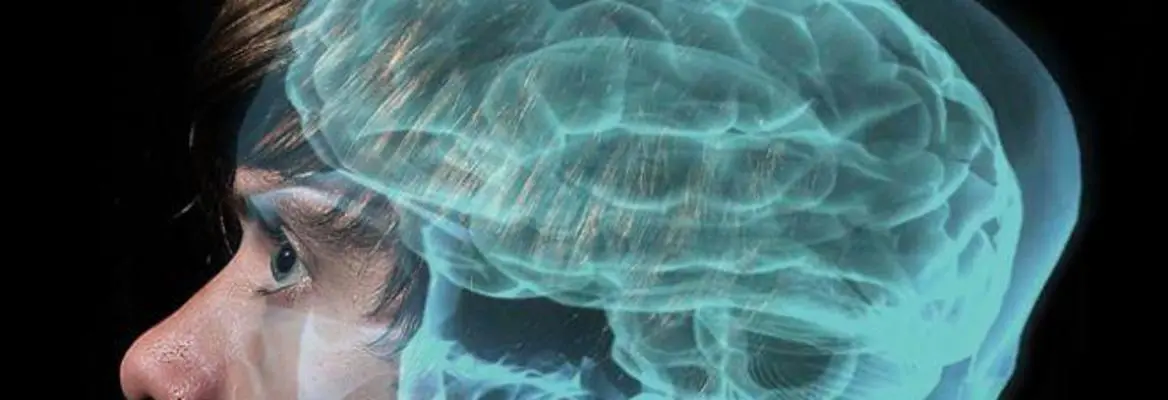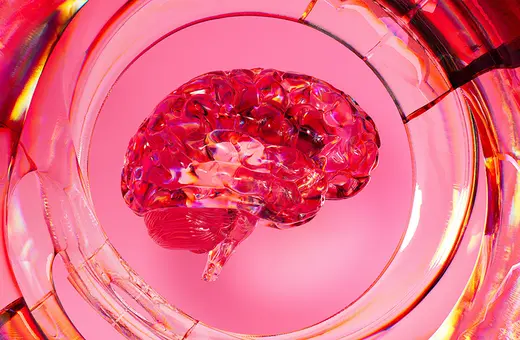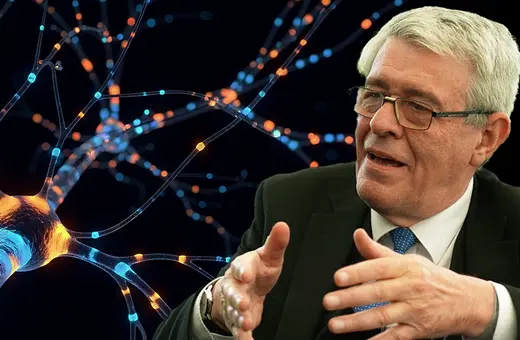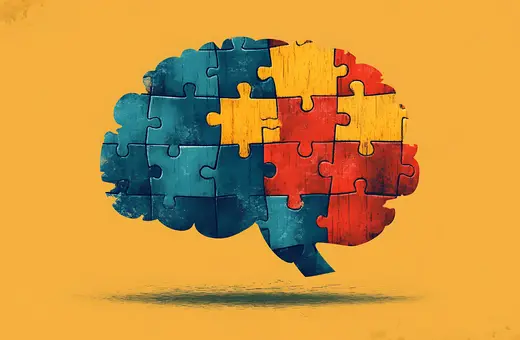The end of psychology? Perhaps not quite yet, but there is a serious message behind The Onion’s fantasy about the American Psychology Association (APA). Over the past decades, psychology has been increasingly overtaken by neuroscience. Two multi-billion euro/dollar initiatives – one European, one American – were launched in 2012 with the avowed objectives of “solving the brain” and, in the EU’s case, incorporating the solution into novel “neuromorphic” computers.
Hard-line reductionists speak of “molecular and cellular cognition” and dismiss the mind as an epiphenomenal product of neural processes, a “user illusion,” or, as zoologist Thomas Huxley put it a century and a half ago, merely the whistle to the steam train. Most neuroscientists concur; as Francis Crick put it: “You are nothing but a bunch of neurons.” Neurophilosophers, a world away from Descartes famous Cogito ergo sum speak contemptuously of “folk psychology”, to be replaced as neuroscience progresses by an objective, rigorously defined brain language.
No more love and hate, but merely the firing of neurons in the amygdala. And/or possibly the fronto-orbital cortex. Pace Onion, even if minds cannot study themselves, they can apparently study brains. Under these circumstances, the options might indeed be either for the APA to dissolve itself, or to rebrand as Cognitive Neuroscience.
It is the other APA, however, the American Psychiatry Association, which is in more trouble, having tried, and conspicuously failed, to abolish – or at least shackle, the mind. Dominated by biological psychiatry and the pharmaceutical industry for the past half-century, it now finds its diagnostic criteria for mental conditions in disrepute and the drug companies in retreat. The APA’s bible – the Diagnostic and Statistical Manual (DSM), which provides a tick-box list of symptoms on the basis of which the psychiatrist can classify and prescribe for anything from Oppositional Defiance Disorder to Autism Spectrum Disorder – has undergone its fifth revision to widespread criticism, even from within the profession. Biological psychiatry’s premise, that for each condition specified in the DSM it will be possible to identify a specific brain disorder – some faulty molecule or wiring failure – has failed despite fifty years of research.
Today’s drugs for treating depression or schizophrenia work no better than those of the 1960s, and there is nothing on the horizon to replace them. The giant US funding agency, the National Institutes of Health, has decided that enough is enough and from now on it will only fund projects that have clear biological targets. Many drug companies have pulled out of central nervous system research in favour of easier targets like cancer. For its critics, the days of biological psychiatry are over, as its basic premise, that mental and psychic distress can be reduced to mere faulty brain processes, is plain wrong. For psychiatry, minds have no options but to study minds, and the bodily, social and cultural contexts in which they are embedded.





















Join the conversation